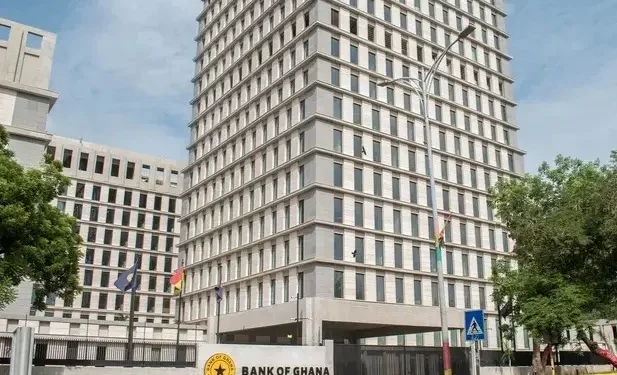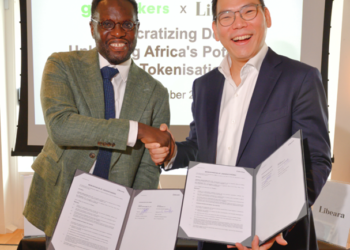The Bank of Ghana (BoG) has unveiled a new Foreign Exchange Operations Framework aimed at reinforcing its commitment to a market-determined exchange rate, while ensuring stability, transparency, and resilience in the country’s forex market.
According to a statement issued by the Bank and shared with the Ghana News Agency, the new framework,approved by the BoG Board, defines the principles and objectives guiding the central bank’s participation in the foreign exchange market.
Follow The Ghanaian Standard channel on WhatsApp for the latest news stories from Ghana.
Key objectives of the new framework
The BoG outlined three primary goals under the new regime:
- Accumulating foreign reserves to serve as a buffer against external shocks.
- Dampening excessive short-term volatility in the exchange rate.
- Intervening in a market-neutral manner to facilitate efficient foreign exchange flows without targeting a fixed rate.
The Bank stressed that its interventions would not aim to influence or defend a specific exchange rate level, but rather to address market inefficiencies and ensure orderly trading conditions.
Enhancing transparency and accountability
A central feature of the framework is greater transparency in the Bank’s forex operations.
The BoG announced that it would:
- Pre-announce auction amounts ahead of each sale.
- Publish auction results on the same day.
- Release monthly data on foreign exchange activities within five business days.
These measures are designed to align Ghana’s practices with international standards, responding to longstanding concerns from institutions such as the World Bank about opaque interventions that could distort the cedi’s valuation.
Active market presence and new auction rules
The introduction of the framework follows a period of heightened foreign exchange operations.
Data from the central bank shows that it auctioned $1.15 billion in October 2025, underscoring its active market engagement.
Under the new structure, the BoG will conduct competitive, variable-rate auctions twice a week, sourcing foreign exchange from initiatives such as the Gold Purchase Programme.
A monthly auction schedule will be published at the beginning of each month to inform market participants and enhance predictability.
Market confidence and flexibility
The Bank of Ghana explained that the framework is part of its broader strategy to strengthen market confidence, promote price discovery, and preserve exchange rate flexibility.
By balancing intervention with transparency, the new policy is expected to help stabilise the cedi, ensure efficient market functioning, and bolster Ghana’s external reserves.
“The Bank remains committed to a flexible exchange rate regime that reflects market fundamentals while safeguarding macroeconomic stability,” the statement concluded.















